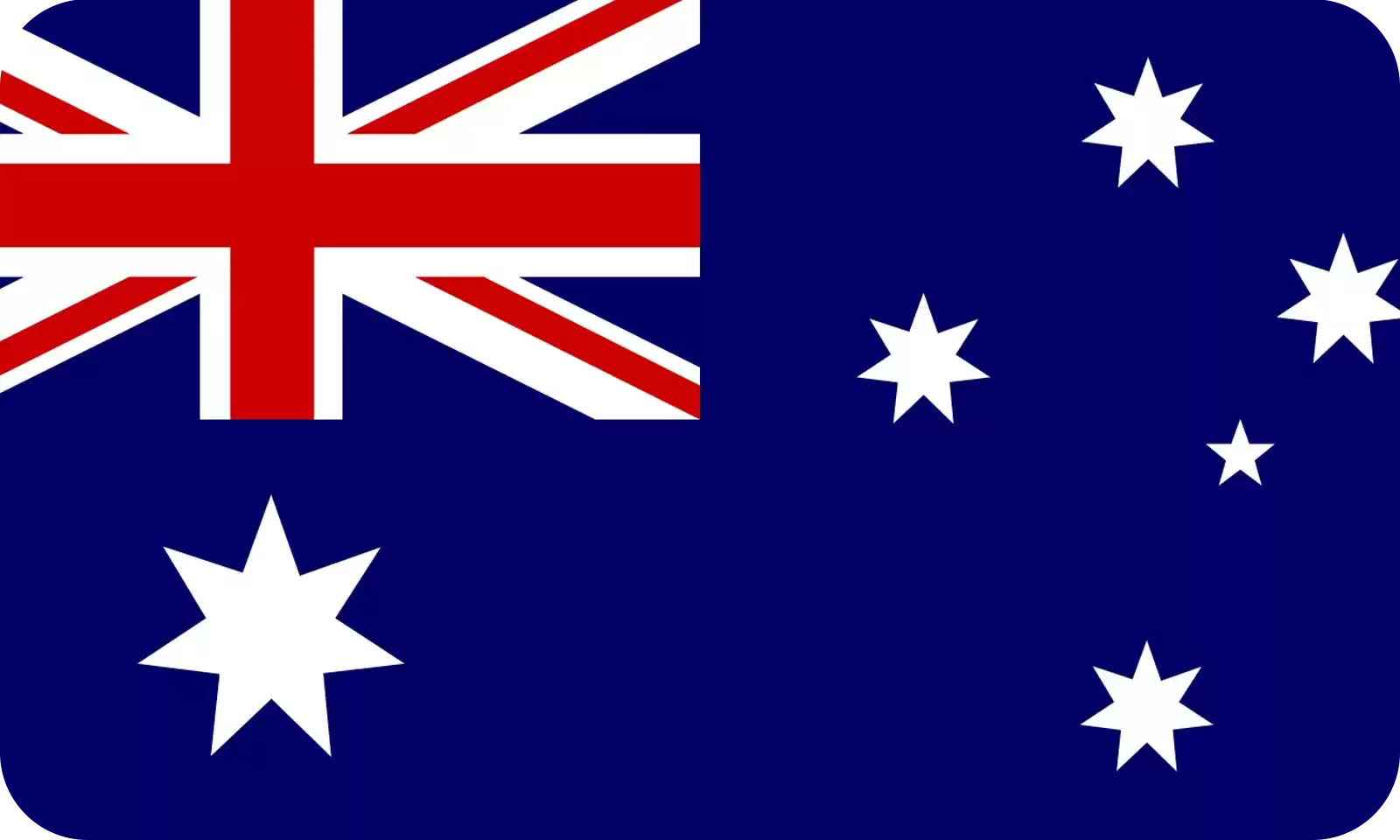
Australia is a popular destination for international students due to its high-quality education system, diverse cultural environment, and vibrant lifestyle. Here's an overview of what to expect when considering Australia for your studies:
Reasons to Study in Australia:
- High-Quality Education: Australian universities are globally recognized for their high academic standards and research opportunities.
- Cultural Diversity: Australia is known for its multicultural society, providing a welcoming environment for students from all backgrounds.
- Work Opportunities: International students can work part-time during their studies and full-time during breaks, helping to offset living expenses.
- Post-Study Work Visa: Graduates from Australian universities are eligible for post-study work visas, allowing them to gain valuable work experience.
- Beautiful Landscapes: From stunning beaches to unique wildlife, Australia's natural beauty enhances the overall student experience.
Courses offered:
Australian universities offer a diverse array of courses and programs tailored to the interests of students at both undergraduate and postgraduate levels. Australia is renowned for its excellence in Social Sciences, Management, Natural Sciences, Mathematics, Life & Agricultural Sciences, Clinical Medicine & Pharmacy, and Physics.
Popular Fields of Study:
- Arts and Design: Literature, History, Psychology, Foreign Languages, Communications, Philosophy, Public Relations
- Education: Education Studies, Special Education, Accountancy Teaching
- Engineering and Technology: Chemical, Automotive, Civil, Telecommunications, Mechanical, Aeronautical, Mining, Environmental, Electrical, Electronics, Structural, Industrial, General Engineering, Computer, Mechatronics
- Hospitality and Tourism: Hotel Management, Commercial Cookery, Tourism Management
- Mathematics and Computing: Computer Science, Mathematics, Statistics, Computer-Based Information Systems
- Health Sciences: Nursing, Physiotherapy, Nutrition, Veterinary Science, Environmental Health, Public Health, Personal and Family Health Care, Pharmacy
- Science: Pharmacology, Environmental Science, Chemistry
- Visual and Performing Arts: Art, Fashion Design, Music, Crafts, Performing Arts, Graphic Arts
- Agriculture: Agricultural Science, Forestry, Horticulture, Biotechnology
- Law and Business Administration: Economics, HR, Accounting, Commerce, Marketing, Management, Administration
Universities in Australia:
Australia has 42 universities, including 37 public universities, 2 international universities, and 3 private universities. The country is home to some of the most prestigious and highly ranked institutions globally. According to the latest QS World University Rankings, 35 Australian universities are among the world's top 500, with 6 ranked in the top 100. Australia's universities provide a wide range of courses across various fields of study, supported by world-class education and research opportunities. The country’s institutions are globally recognized, offering students a rich academic and cultural experience.
Top 10 Universities for International Students in Australia:
- Australian National University (ANU)
- University of Melbourne
- University of Sydney
- University of New South Wales (UNSW)
- University of Queensland (UQ)
- Monash University
- University of Western Australia (UWA)
- University of Adelaide
- Royal Melbourne Institute of Technology (RMIT)
- University of Wollongong
Intakes
| Intakes | DEADLINES |
| FEB/MARCH INTAKE | This is the main intake for most universities and institutions in Australia. The academic year starts in February/March and ends in November/December. The application deadline for this intake is usually in November/December of the previous year. |
| JULY INTAKE | This is the mid-year intake for most universities and institutions in Australia. The academic year starts in July and ends in June of the following year. The application deadline for this intake is usually in May/June. |
Tuition fee and Living Cost
Cost of studying in Australia
The cost of study in Australia depends on the type of qualification and the university or school you opt for. For instance, veterinary and medical degrees cost substantially more than other degrees. The average tuition fees at one of Australia’s tertiary institutions ranges between AUD 20,000 and AUD 30,000 a year.
| S.No. | Australia Study Program | Average fees in AUD* |
| 1 | English Language Studies | $350-450 weekly (varies as per course length) |
| 2 | Vocational Education and Training (Certificates I to IV, Diploma and Advanced Diploma) | $4000 - $22,000 Annually |
| 3 | Undergraduate Bachelor’s degree/ UG Diploma | $15,000 - $35,000 Annually |
| 4 | Postgraduate Master’s Degree/ PG Diploma | $20,000 - $42,000 Annually |
| 5 | Doctoral Degree | $20,000 - $42,000 Annually (attractive scholarships up to 100% available with living grants on meeting the university requirements) |
Cost of living in Australia is usually high in cities like Sydney and Melbourne, however it should be noted that part time opportunities in Australia pay higher than most countries to the extent that student’s can earn $4000-$6000 easily to fund their living expenses.
Scholarships in Australia
- Australia Awards Scholarships
- Endeavour Postgraduate Scholarship Awards
- International Postgraduate Research Scholarships (IPRS)
- University-specific scholarships
- Australia India Education Council (AIEC) Scholarships
Post Study Permit
In Australia, Post-Study Work Stream (PSW) is a temporary Graduate Visa that allows the student to work in the country upon completing their course. Usually issued for a period of 2-4 years depending on the student's qualifications. However, there is a provision to get it for an additional period of 2 years, i.e. for 4-6 years, if the student has completed a course recognised by the Australian government under verified eligible qualifications.
| Regions | Program Category | Bachelors | Masters | Phd. |
| (Coursework & Research) | ||||
| Major Cities* |
Eligible Courses (Under verified skills shortages) * |
4 Years | 5 Years | 6 Years |
| Normal Courses | 2 Years | 3 Years | ||
| Cities and major regional centers* |
Eligible Courses (Under verified skills shortages)* |
5 Years | 6 Years | 7 Years |
| Normal Courses | 3 Years | 4 Years | ||
|
Regional centers & other regional areas* |
Eligible Qualifications (Under verified skills shortages)* |
6 Years | 7 Years | 8 Years |
